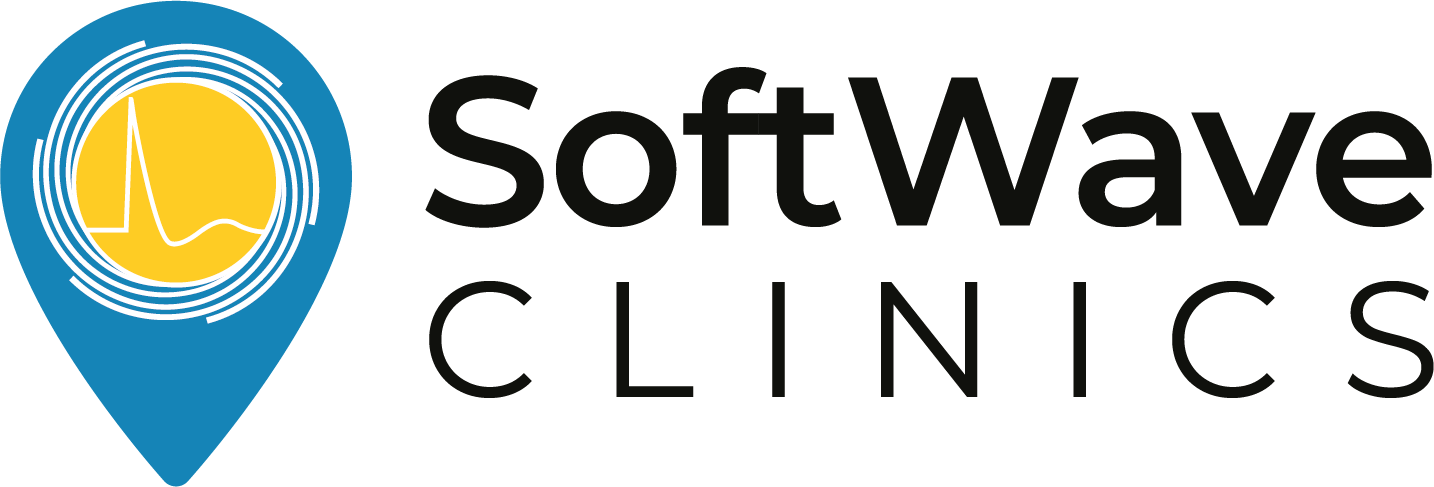Shock wave treatment reduces neuronal degeneration upon spinal cord ischemia and improves symptoms in a first-in-man trial
Introduction
In pre-clinical and clinical studies SWT had a favorable effect on ischemic myocardium. We therefore hypothesized that SWT may have a beneficial effect on spinal cord ischemia.
Material and Method
Mice underwent aortic cross clamp surgery and received 500 shock waves at 0.1mJ/mm2 (5Hz). Functional performance of animals was evaluated. Neuronal degeneration, angiogenesis and inflammatory response was analyzed. Three patients with spinal cord ischemia were treated with SWT. Motor function was assessed using the standardized ASIA scale, spinal cord independence measure, MRI and sensory evoked potentials.
Results
SWT resulted in decreased neuronal degeneration, improved motor function and enhanced survival.
SWT induced angiogenesis and modulation of inflammatory in treated spinal cords. Effects were missing in TLR3-/- animals. The beneficial effect could be confirmed in human spinal slice cultures. Treated patients showed no side effects and exhibited significant improvement of motor function and sensory function after SWT.
Discussion
Shock wave treatment induces angiogenesis and modulates inflammation in spinal cord ischemia via the activation of TLR3 resulting in decreased neuronal degeneration. SWT is safe for patients with SCI and improves symptoms.
Conclusion
We present for the first time a feasible treatment option for paraplegia upon ischemic spinal cord injury.
Johannes Holfeld¹, Daniela Lobenwein¹, Felix Nägele¹, Michael Graber¹, Leo Pölzl¹, Jakob Hirsch1, Elke Kirchmair¹, Michael Knoflach2, Michael Grimm¹, Can Tepeköylü¹
Email: johannes.holfeld@i-med.ac.at
1. Department of Cardiac Surgery, Medical University of Innsbruck, Austria
2. Department of Neurology, Medical University of Innsbruck, Austria
Holfeld et al. 20th ISMST Congress in San Sebastian, Spain Abstract P30
